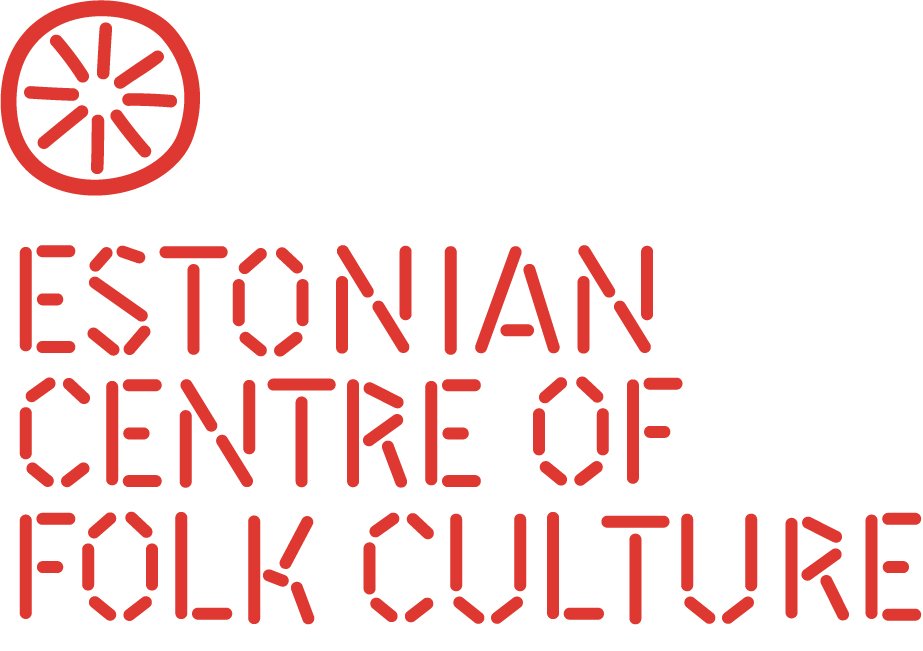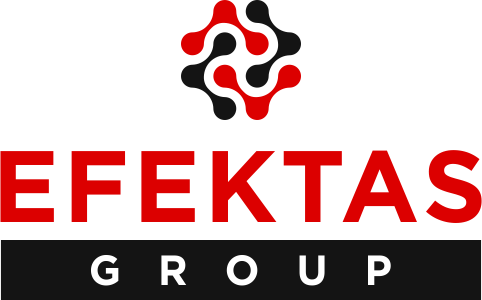About the Project
Project overview and outputs
The aim of the CulTech project is to aid cultural organizers and cultural (and creative) sector employees in finding alternative means to create and deliver culture to the people.
Methodology:
- enhancing various digital skills of cultural organizers and sector employees;
- introducing and teaching design-thinking methodology as a foundation in finding new activities and outputs to carry out and spread cultural and creative activities;
- necessary digital skills enhancement to succeed in today’s work environment.
Project`s intellectual outputs:
- O1 – Handbook: training format for mentors and cultural sector managers
- O2 – E-Learning Platform with educational modules for regular cultural sector employees
- O3 – Progressive web-app (software development)
- O4 – Cultural sector employees digital competence and post-Covid-19 working tools needs analysis in partner countries (EST, LT, NO)
- O5 – Blueprint of Culture Technologist competence framework
A small research will be carried out for mapping the needs of the cultural sector in every partner country. Based on the research, a multilevel training program (for mentors and employees) is created for cultural sector employees. The training course is supported by the creation of an online learning platform and a progressive app. The mentoring course is designed in a way that enables its graduates to act as trainers for their colleagues, making the impact of the project even greater.
The online learning platform (with educational modules and a handbook) together with a progressive web app helps us to reach more audiences inside and outside of partner countries. All of the materials are free, which enables all interested people to educate themselves on the above-mentioned topics, as better digital skills and more developed design-thinking can come to use for all of the cultural sectors during the COVID time. The materials will be available in 4 project languages (including English). The learning platform will be available for 3 years after the completion of the project and will be free for use.
A new skill-set of competencies will be added to the current framework of competencies in Estonia. The competency model of the Estonian cultural leaders could be used as an example in creating similar competency models in other EU countries. As one of the outputs of the project, a blueprint for a completely new profession – a cultural technologist will be created in Estonia with the support of The Estonian Ministry of Culture. This serves as a basis for the creation of a new job/area of expertise and possibly a basis for a study curriculum for this job.
Sub-objectives of the project:
1) Needs analysis of the digital competences and development areas of cultural workers in 3 countries (LT, EST, NOR) based on literature research, focus group interviews (in EST and LT) and online survey (in all 3 countries)
2) Developing the set of competencies of a technologist in the field of culture and to include those competencies as a partial skill in the national competence framework of a cultural worker.
3) Developing a multilevel in-service training curriculum and training programs to increase the creativity and virtual collaboration of cultural professionals (tour guides, museum staff, librarians) with the help of digital technologies.
-Level A training includes virtual collaboration – digital environments, initiation of regional and international networks/partnerships, target group involvement strategy in a COVID-like emergency situation, product and service marketing, the search for new activities through the use of design thinking methodology, the basics of intellectual property protection, GDPR, and cyber security.
– Level B train-the-trainer type of training course for cultural leaders (local government cultural advisors, festival organizers, middle managers of cultural organizations, future cultural technologists) – mentor training program, which includes learning about design thinking as a methodology for new activities from both user and instructor perspective, intellectual property and its protection, GDPR, cyber security in the context of remote work, the empowerment of increased online cooperation, network of online cooperation, development of cross-sectoral partnerships, developing the competencies of a cultural technologist as a support specialist.
Project`s expected results:
- Development of a new position/ area of expertise to provide the cultural sector specialists with methodological and ICT-related support to include modern technology and available IT solutions to their daily routines.
- Creation of an educational platform with up-skilling training modules and awareness activities that will be disseminated among the participants and relevant stakeholders to raise the overall awareness of a need for digital competencies among cultural sector employees.
- Creating a wiki space for trainers – culture sector managers – to encourage and disseminate information inside their communities and hands-on instructions on how to introduce their colleagues to interactive online environments;
- Adults will be acknowledged also with opportunities for future cooperation upon their completion of the project on the topic of cyber security.




